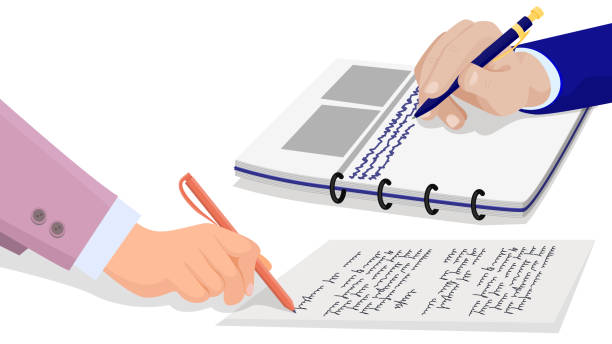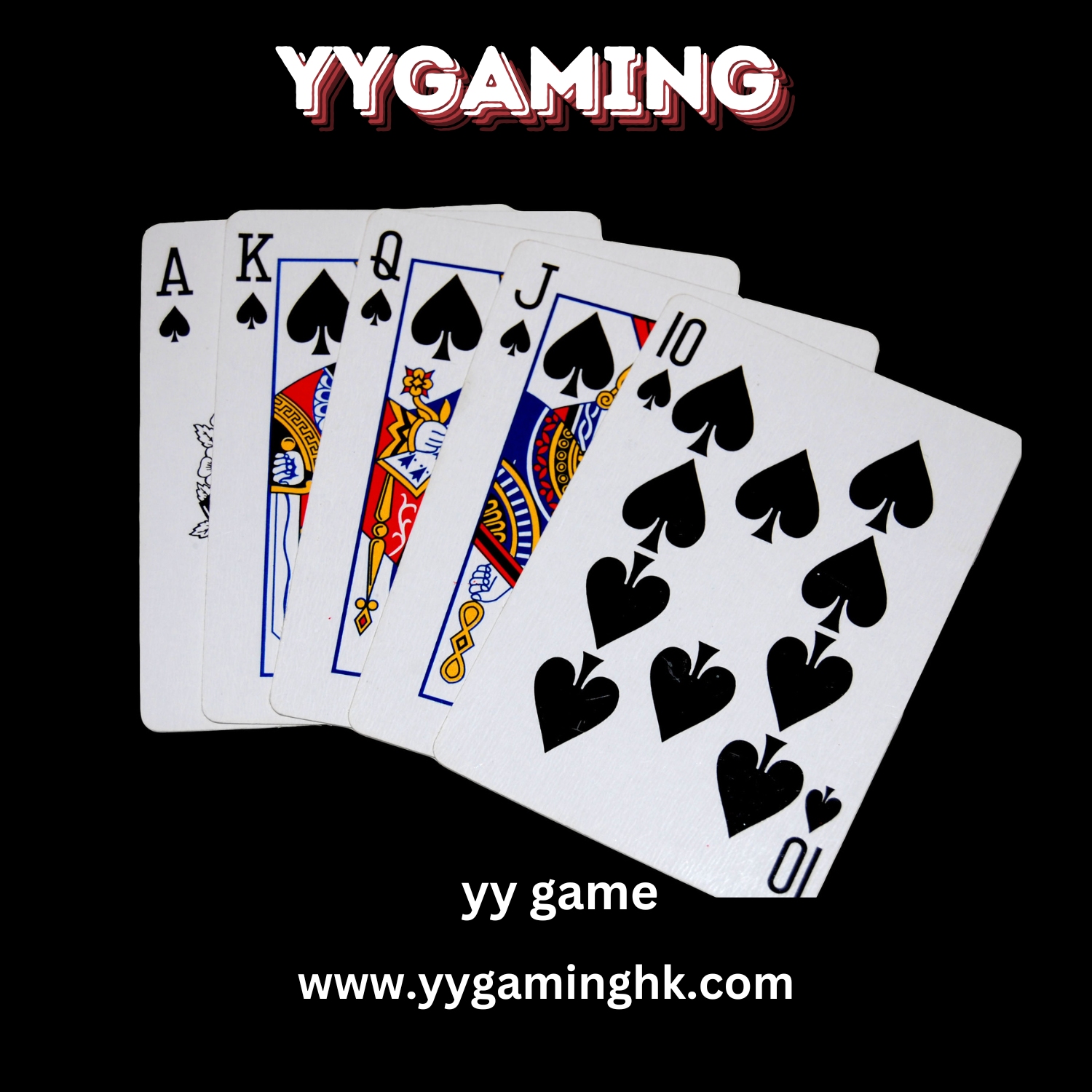Report Writing vs Essay Writing in Academic Contexts

In academic environments, both report writing and essay writing are essential tools for communicating research, analysis, and ideas. While they share some similarities, they differ significantly in structure, purpose, and presentation style. This detailed comparison of Report Writing vs Essay Writing in Academic Contexts will help students, educators, and researchers choose the right format for their needs.
Whether you’re working online, consulting with experts, or seeking help from academic writing services, knowing these differences ensures that your work meets the required standards. Students involved in technical or analytical fields can also benefit from specialized guidance such as matlab assignment help online, which ensures accuracy in research-based projects and supports effective academic writing.
What Is Report Writing?
Report writing is a structured way of presenting factual information, findings, or recommendations. It is widely used in academic, scientific, and professional settings. Reports are typically divided into sections such as an introduction, methodology, findings, and conclusion. This structure allows readers to locate specific information quickly.
A report is objective in tone, focusing on facts rather than opinions. Many students prefer using online research tools to gather credible data for their reports, while professionals in various fields rely on this format to communicate results to colleagues.
Key Features of Report Writing
- Clear structure: Often includes headings, subheadings, bullet points, and numbered sections.
- Objective language: Focused on presenting factual information without personal bias.
- Visual support: May include charts, graphs, and tables for better clarity.
- Purpose-driven: Written to inform, analyze, or recommend based on evidence.
Academic experts often recommend reports for topics that require precise data presentation, such as science projects, business case studies, or fieldwork findings. This makes them an important part of Report Writing vs Essay Writing in Academic Contexts.
What Is Essay Writing?
Essay writing, on the other hand, is a continuous piece of prose that develops an argument, explores a topic, or presents a personal perspective supported by evidence. Essays are more flexible in structure compared to reports and allow for a more personal tone, especially in reflective or narrative essays.
Essays are common in humanities and social sciences, where interpretation and critical thinking are valued. Students often seek help from online resources or academic services to refine their arguments and improve their writing style.
Key Features of Essay Writing
- Introduction-body-conclusion format: A flowing structure without section headings.
- Analytical or argumentative tone: Focused on building a case or exploring an idea.
- Evidence-based reasoning: Uses citations, examples, and quotations to support claims.
- Personal engagement: Allows for more subjective interpretation than reports.
Understanding these distinctions is critical for any student comparing Report Writing vs Essay Writing in Academic Contexts.
Major Differences Between Report Writing and Essay Writing
While both serve academic purposes, there are clear differences in their approach, tone, and structure.
| Aspect | Report Writing | Essay Writing |
|---|---|---|
| Purpose | To inform or recommend based on evidence | To argue, analyze, or reflect |
| Structure | Strict sections with headings | Continuous prose with paragraphs |
| Tone | Objective and factual | Analytical, argumentative, or reflective |
| Use of visuals | Common (charts, tables, diagrams) | Rare; relies more on text |
| Reader expectation | Quick access to specific info | Engaging and persuasive flow |
By recognizing these differences, students can deliver higher-quality work whether in a report or an essay. This distinction is at the heart of Report Writing vs Essay Writing in Academic Contexts.
When to Use Report Writing in Academia
Report writing is best suited for assignments that require detailed analysis of data or factual information. Common academic situations include:
- Science experiments: Presenting results and observations.
- Business studies: Analyzing market trends or case studies.
- Engineering projects: Documenting technical findings.
Many professionals and experts prefer reports when information must be organized for quick decision-making. The best academic writing services offer help with formatting reports to meet institutional guidelines.
When to Use Essay Writing in Academia
Essay writing is ideal for subjects that require exploration, debate, or interpretation. Common uses include:
- Literature analysis: Interpreting themes, symbols, and characters.
- Philosophy papers: Developing logical arguments about ethical or conceptual issues.
- History essays: Presenting an argument supported by primary and secondary sources.
For students learning online or working with academic experts, essays are a chance to develop critical thinking and persuasive communication skills.
Similarities Between Report Writing and Essay Writing
Despite their differences, both formats share common academic goals:
- Evidence-based content: Both require credible sources to support claims.
- Clarity and coherence: Writing must be logically structured and free from ambiguity.
- Formal tone: Both maintain professionalism in language and style.
These similarities explain why comparing Report Writing vs Essay Writing in Academic Contexts is important for students aiming for academic excellence.
Common Challenges Students Face
Students often struggle with choosing the right format because:
- Misunderstanding requirements: Confusing essay tasks with report tasks leads to lower grades.
- Poor time management: Not allowing enough time to research and write.
- Inadequate structure: Mixing report features into essays or vice versa.
Academic help from online platforms or experts can resolve these issues by providing guidance tailored to the assignment type.
Tips for Excelling in Report Writing
To produce a high-quality report:
- Start with a clear outline based on required sections.
- Use bullet points and subheadings for readability.
- Incorporate visuals where needed to support findings.
- Keep language concise and factual.
Many top university students rely on academic services to review their reports for accuracy and formatting.
Tips for Excelling in Essay Writing
To write an outstanding essay:
- Develop a strong thesis statement.
- Organize arguments logically, each supported by evidence.
- Use transition words for smooth reading flow.
- Avoid overloading with facts focus on analysis and interpretation.
Working with professionals or accessing online writing help can significantly improve the quality of your essay.
How Online Resources Can Support Your Writing
In the digital age, online resources have become invaluable for both report and essay writing. Platforms offering templates, examples, and writing guides help students meet academic standards more efficiently. Academic experts and professionals also share insights through webinars and articles that clarify expectations for each format.
These resources often distinguish clearly between Report Writing vs Essay Writing in Academic Contexts, making them a best starting point for students aiming for top grades.
Why Professional Help Matters
Sometimes, even with guidance, students need direct support from writing services. Professional writers understand academic formatting, citation styles, and structural requirements. They can ensure that:
- Reports meet clarity and accuracy standards.
- Essays are persuasive and well-reasoned.
- Deadlines are met without compromising quality.
Whether working with experts face-to-face or online, getting help can make a significant difference.
Final Thoughts
In the debate of Report Writing vs Essay Writing in Academic Contexts, the choice depends on the purpose, audience, and subject matter of your work. Reports excel at delivering structured, factual information, while essays shine in argumentation and critical discussion. Both require strong research skills, attention to detail, and a clear understanding of academic expectations.
By leveraging online resources, collaborating with experts, and seeking help from reputable academic services, students can master both formats and achieve academic success.



